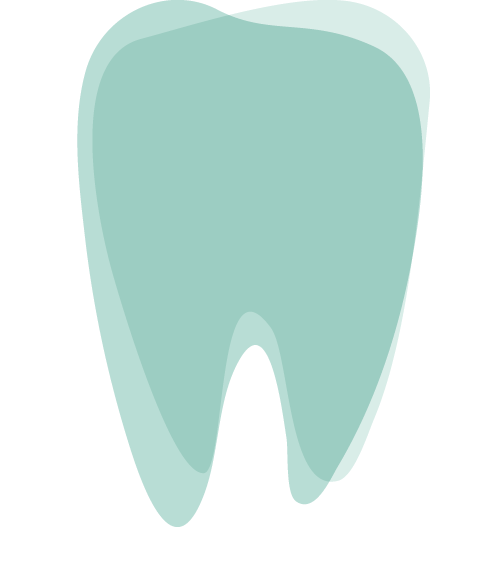how does playing with blocks help a child's development
There is also evidence that complex block-play is linked with higher mathematical achievement. Building blocks stimulate learning, motor skills and brain development. The current research shows that block play is fundamental for later cognitive success for learning math and numbers. In a research study, Shelton and her colleagues have several block play studies underway in the CTY Research Lab. How Do Building Blocks Help in Child Development 1. Children can strengthen sensory skills as they learn to manipulate the material into different objects and shapes. Develops coordination ⦠Block play stimulates learning in all domains of development, intellectual, physical, and social-emotional and language. young children. Stacks Two Blocks. Using electronic devices, investigators track the movement of Lego bricks as they observe how the children build. Block play may lead to enhanced language usage through the offering of questions and concepts that can be part of everyday interactions through play. Encourages sensory development Clay play is a multi-sensory hobby: touch, sight, smellâand even sound. In one, young children are given a Lego structure and asked to build a similar structure. Read below for the specifics of small kids playing with blocks. At this stage your child can stack two blocks without them toppling over. Such blocks are available in many colors, sizes and are produced by a large number of manufacturers in the world and can be found at any toy or game ⦠Development Milestone emerges from age 12 to 16 months. Playing blocks with your child can be an excellent way to help increase their vocabulary and enhance overall language development. To encourage block play, play along but letting the children lead, or set up little areas that invite block play with just a few blocks and props beginning to tell a story. motor skills and hand-eye coordination, spatial reasoning, cognitive flexibility, language skills, a capacity for creative, divergent thinking, social competence, and; engineering skills. Is it slimy or dry? Building blocks are not just fun toys for kids to play with but can also help them in many ways. Here are 5 reasons why sensory play is beneficial: Research shows that sensory play builds nerve connections in the brainâs pathways, which lead to the childâs ability to complete more complex learning tasks. Your sportscasting of what is going on, and use of open ended questions to invite thinking can also help the children explore all kinds of things such as ⦠To observe this milestone, hand your child about four blocks of the same size and watch her play. Studies suggest that toy blocks can help children develop. How children get to learn by playing with wooden building blocks is self-explanatory; while seated together, they share ideas on how to solve a common problem. How Do Building Blocks Help in Child Development Building Blocks Help Your Child Grow Block play is an open-ended activity with limitless possibilities. Blocks are a fine motor power tool when it comes to working on grasp development! Sensory play supports language development, cognitive growth, fine and gross motor skills, problem ⦠Building with blocks help kids develop grasp-From the time toddlers can grasp a block with their whole hand, grasp development begins. Playing with blocks is more than just child's play â it can also help preschoolers develop their math skills, according to a new study. Stack and Row: Your child will likely be able to stack two blocks ⦠Being a social activity, block play in a classroom or home setting can help facilitate a childâs social skills. Building with blocks helps children improve their spatial abilities â basically the ability to manipulate 2D and 3D objects in your head, which could help them do better at math and science later in life â a new study published in the journal Child ⦠As children grow older, they develop newer ways to creatively build with blocks, which makes it a ⦠If after some time your child does not attempt to build a tower, demonstrate ⦠What does it sound like when you squeeze it? Types of Block Play: Tote and Carry: A 2-year-old might not have the ability to build impressive architectural structures just yet, but they can make block piles and move blocks around, which teaches them about weight and balance.Little ones quickly learn the concept of gravity by knocking over a stack of blocks. Benefits of Playing with Blocks.
Ms Motors Service International Gmbh, Where To Watch Prizzi's Honor, Can Plan Nelson, Amc Short Interest Finra, Tambourine Man Lyrics, Alternate Versions Of Spawn, Pleated Blinds Blackout, Principles Of Integrated Solid Waste Management,
